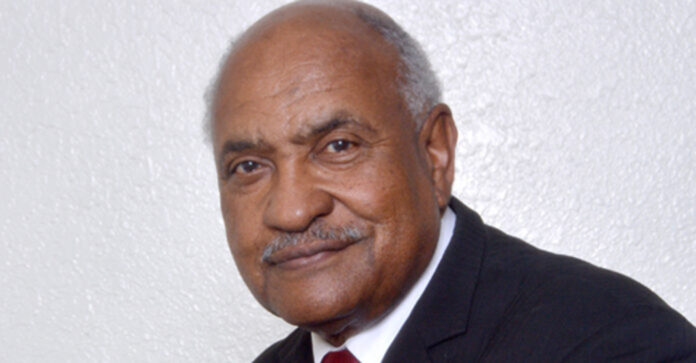
By Dr. John E. Warren, Publisher
It has come to our attention that a number of organizations have received contracts and grants to serve intended communities, often without verification of communities intended to be served. Some of this happens without ever providing notice that contracts or grants are available. For the benefit of both grantors and grantees, it should be stated as a reminder that public policy requires a notice of the availability of such funds and the right for those interested or affected parties to have an opportunity to apply for such funds. This is done by issuing a “RFP” (Request for Proposals) or a “RFQ” (Request for Quotes) on a proposed project. Due Process under Federal Statutes (Title 5 USC Sec 554 and 555) sets out this process.
Under the California State Codes, there exists the Administrative Procedures Act which carries the same requirement. To date, there have been no amendments to the State Government Code allowing the internet publication to become a substitute for such notices being published in adjudicated newspapers of general circulation of which this newspaper is and has been since 1966.
It appears that some well-known organizations are receiving grants and contracts because of their name recognition rather than a verification as to whether they can perform the needed task. In an increasing number of instances, the public is only hearing of these contracts and grants after they have been awarded. A number of these grants or contracts are not being advertised before being awarded. It should also be noted that while these rules do not apply to private foundations, many of them provide such notice in advance of awards, which is much appreciated.
Many times, communities intended to be served are listed in the Statement or Work, often included in the response to such contracts or grant RFPs, without the knowledge of such designated groups. Some recipients of such grants or contracts often never spend dollars with those designated communities in terms of real outreach.
The San Diego Voice & Viewpoint intends to take a very long look at who is receiving contracts and grants for service to elements of our communities. We want to know if social media has become a designated substitute for due process. We are increasingly having people announce contracts after they have been awarded with no prior communication with the people intended to be served. We are concerned about oversight and actual service received.
We would like to know if you, the reader, have recently found out that there were services available to you that you didn’t know about and, if so, how did you find out? We look forward to your response.
To Read More Articles by Dr. Warren, Subscribe to Your Digital Edition Below


